In Australia and around the world, meat chickens (also known as broilers) are one of the most intensively farmed animals, both in terms of the sheer number of birds raised and the ways in which they’re farmed. For many Australians, choosing chicken that has had a good quality of life is top of mind. Global standards for chicken welfare vary widely between countries and in Australia, the RSPCA is proud of the significant uptake of RSPCA Approved chicken and the difference this has made to the lives of millions of farmed meat chickens.
If you buy chicken or choose it when dining out, you might see marketing terms like ‘free range’ and certifications like ‘RSPCA Approved’. But what do these terms mean and what should you look out for in order to be an educated consumer and make your choices meaningful for animal welfare? Read on as we explain the most common terms on chicken labels in Australia and what they mean for animal welfare.
What is RSPCA Approved chicken?
Meat chickens are inquisitive, intelligent birds with individual personalities. To have a better quality of life, they need space to move and flap their wings, quality litter to promote improved foot health and dust bathing, and perches to help promote muscle and bone health.
Under the RSPCA Approved Standard for Meat Chickens, whether raised indoors or with access to the outdoors, meat chickens are encouraged to do the things that come naturally to them in an enriched environment that goes above and beyond minimum legal requirements.
To achieve RSPCA Approved certification, farms must meet the over 350 unique requirements under the RSPCA Standard and are assessed regularly by specially trained RSPCA Assessors. Meat chicken farms with RSPCA Approved certification are assessed four times in the first year and, if there is a strong track record of good conformance, this can drop down to three or two assessments a year. Abattoirs are also assessed annually by RSPCA Assessors and CCTV is required.
The good news is that all Coles and Woolworths own brand fresh chicken has the RSPCA Approved certification, and they have extended their range by only using RSPCA Approved chicken for their frozen and convenience products as well.
It’s not just supermarkets leading the change. More and more forward-thinking brands concerned about meat chicken welfare are sourcing RSPCA Approved chicken. Many popular quick service restaurants have now committed to using only RSPCA Approved chicken. To see all brands committed to better chicken welfare, check out our brands page.
What’s in a name?
The vast majority of meat chickens in Australia are raised indoors (barn raised), protected from predators and adverse weather. Around 20% of meat chickens having outdoor access (free-range) for part of their life once they are old enough with appropriate feather covering. Conventionally farmed meat chickens don’t have any specific labelling terms attributed to them – however, some brands may use ‘cage free’ on chicken meat products. It’s important to note that this claim is purely marketing as, unlike the egg industry, meat chickens are not kept in cages in Australia.
Free range: Many consumers will look for products with the free-range label and may often see it as the pinnacle of ‘higher welfare’. However, the meaning of ‘free range’ can vary depending on the producer. Good free-range farms should provide easy access to an outdoor area which is inviting with plenty of vegetation and overhead shade that allow the birds to feel safe. These provisions are important to encourage meat chickens to actively use the area for enrichment and encourage natural behaviours such as foraging. It’s also important to note that even free-range meat chickens spend most of their lives indoors, inside the shed, so the conditions inside are equally important as outside.
Organic: Organic farming focuses on avoiding the use of pesticides, chemicals, hormones and antibiotics. Whilst antibiotics should not be used irresponsibly, they are important for treating sick animals. If antibiotics are not provided when an animal is sick, this can lead to poor animal welfare. Meat chickens farmed organically are generally given outdoor access. However, be sure to research the applicable organic certification to have a good understanding of the standards they require and how they audit their farms.
Hormone free: This is a common label on many chicken products and, while technically true, this is a misleading claim designed to ‘greenwash’ chicken meat products. Australian meat chickens haven’t been given growth hormones for since for over 60 years; their rate of growth and size is due to selective breeding making the hormone-free claim essentially meaningless for chicken meat. However, for other animal products such as beef, this could be a valid claim.
How your choice matters
Since the release of our meat chicken Standard in 2010, the RSPCA Approved Farming Scheme has worked with hundreds of farmers and forward-thinking brands to make a positive impact on the welfare of Australia’s meat chickens, changing the landscape of meat chicken welfare in Australia.
Consumers have the power to demand better welfare for farm animals. Every purchase of an RSPCA Approved product tells food companies that you care about farm animal welfare and want to contribute to positive welfare practices.
Interested in reading more? Cracking egg labelling Or How you can support a future of higher welfare farming
Last updated: 12 August, 2025

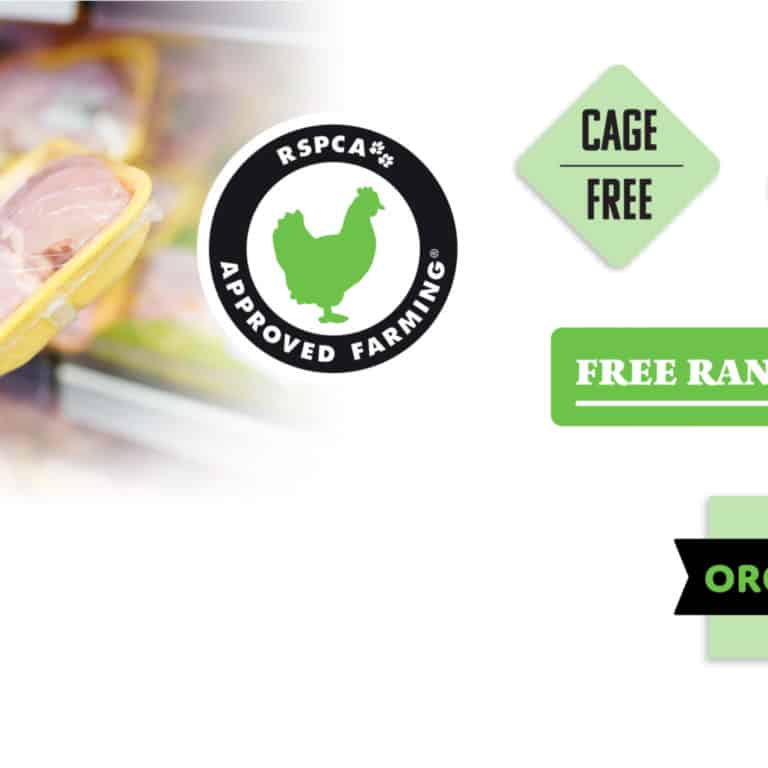
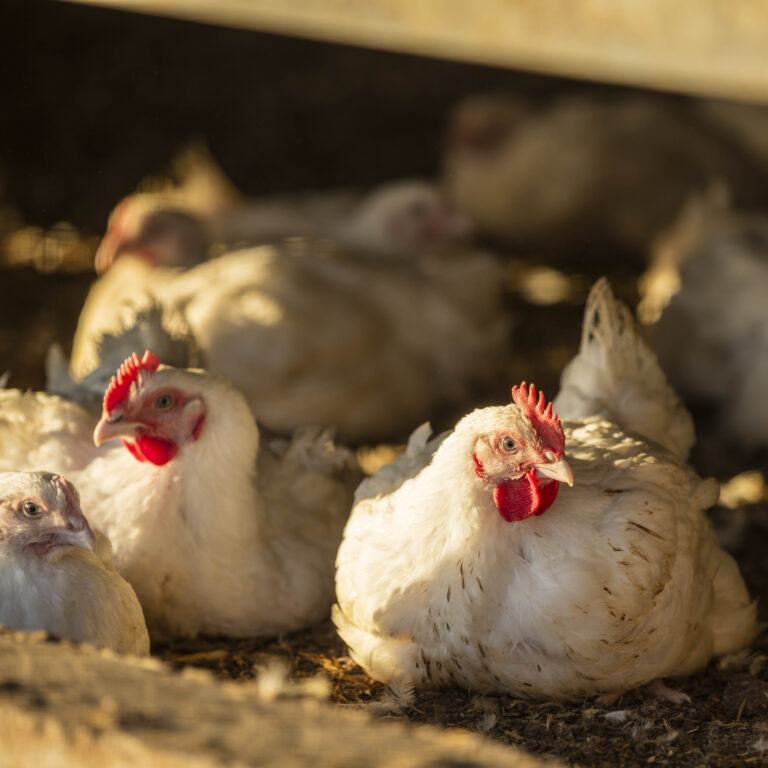
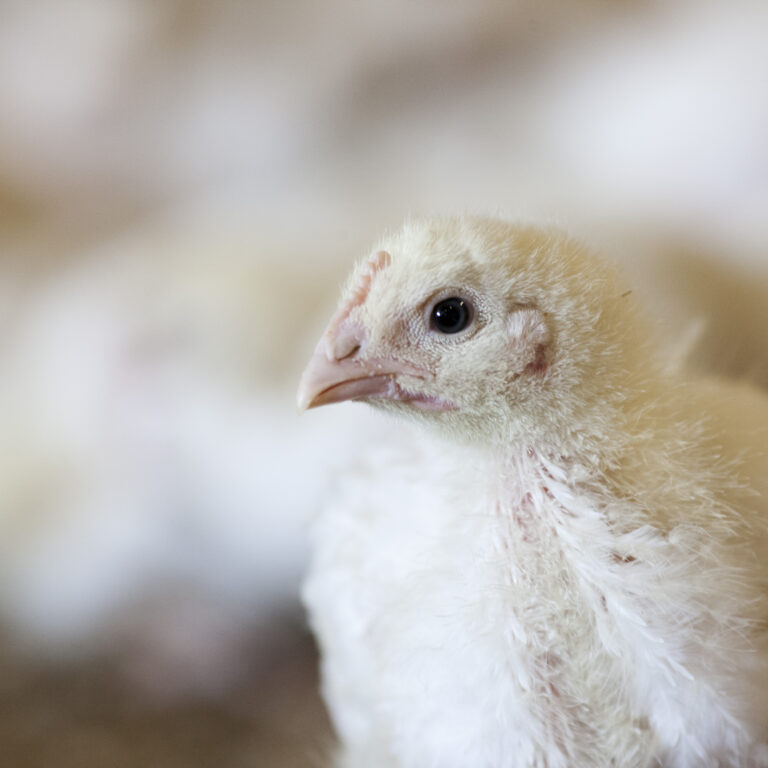
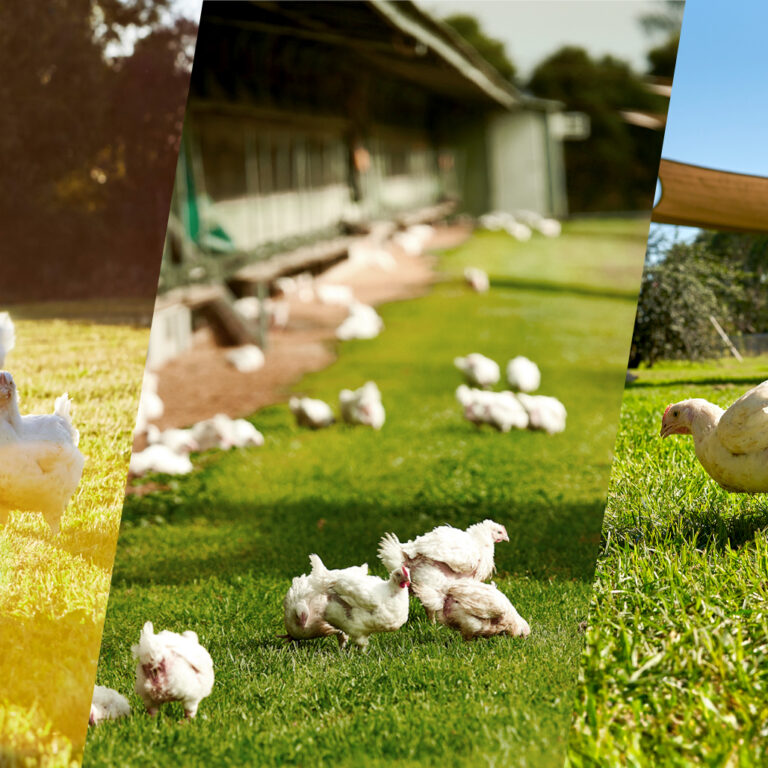
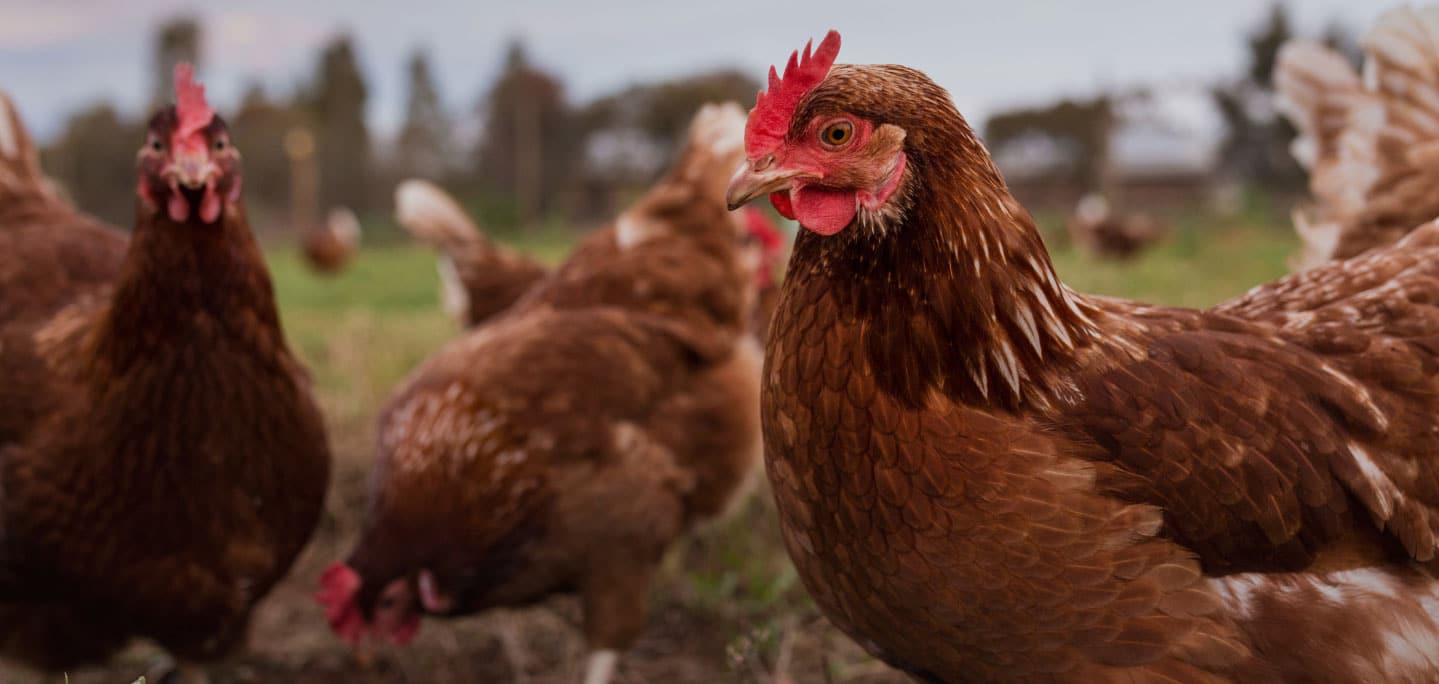

3 Comments
3 responses to “Making Sense of Labels: How to Shop for Higher-Welfare Chicken”
Such an informative and insightful blog ! Very useful information for choosing the right chicken & eggs 👍
I only buy RSPCA approved chicken and free range eggs.. This information has been very helpful. Chickens should be allowed to be outside and forage as chickens would naturally do, even if it is only in the daytime. This is what humans have consumed in the past so why change it. More profits is the only reason, which is a very poor excuse to force animals to suffer.
Hi Linda,
Thanks for your comment and for making higher welfare choices when shopping for food. As you point out, allowing animals on farm to express natural behaviours is crucial to achieving good welfare, which is why it’s at the core of the RSPCA Approved Standards. Access to outdoors can be a component of good welfare for meat chickens and layer hens, however this alone is not always indicative of a higher welfare farming system! Chickens are inquisitive but also can be fearful of predators, so outdoor areas need to be inviting to encourage the birds to use them. They should have palatable vegetation for foraging and adequate shelter from weather extremes. Currently there are minimal legal requirements to provide enrichment or adequate shade and so these provisions differ across farms. A well-managed indoor system that provides shelter, space and enrichment can be just as good for the birds’ welfare and even an improvement on a poorly managed free-range system. Thank you again for your comment – it’s consumers like you who are helping to make a real difference to the lives of farm animals in Australia.